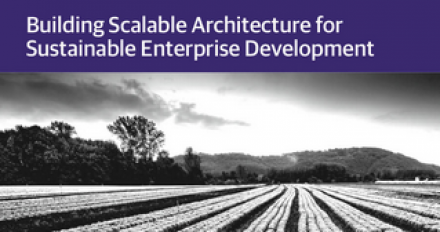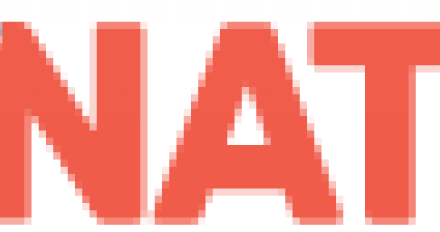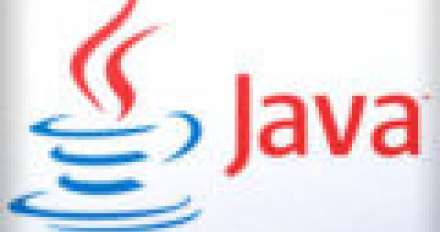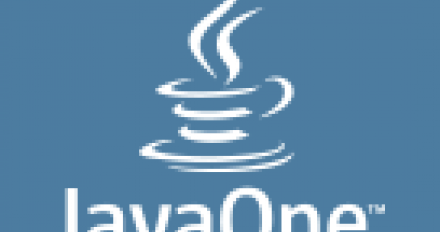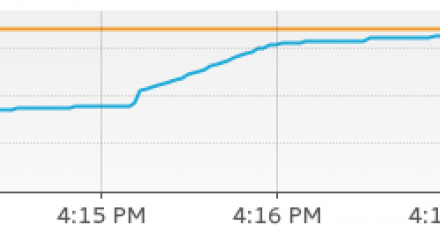
Article
DevNation 2016: Mario Fusco to present "From object-oriented to functional-domain modeling"
From object-oriented to functional-domain modeling - DevNation sneak peek is a behind-the-scenes preview of sessions and information that will take place at DevNation 2016. Sign up for DevNation at www.devnation.org. Learn more. Code more. Share more. Join the Nation.


